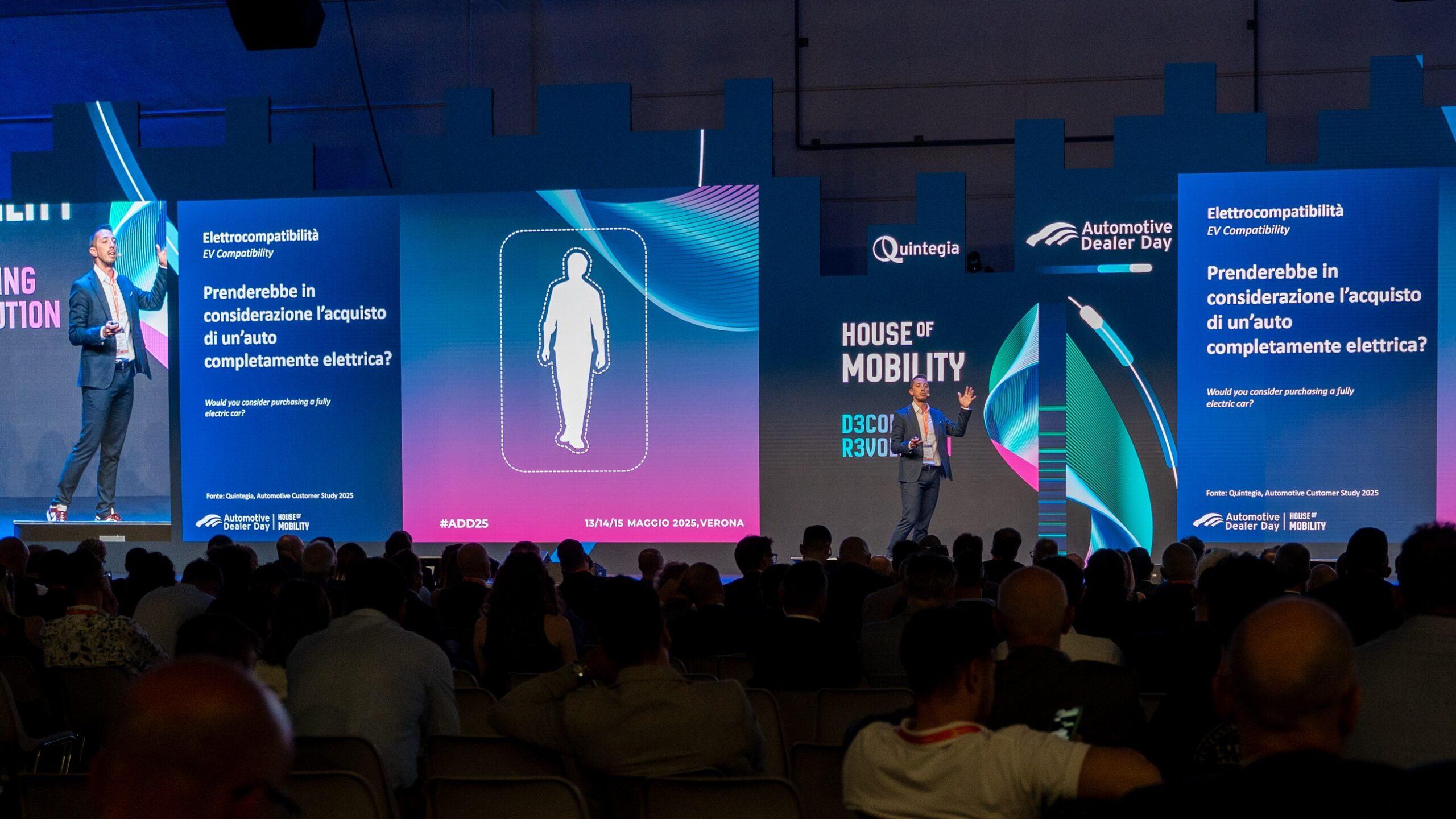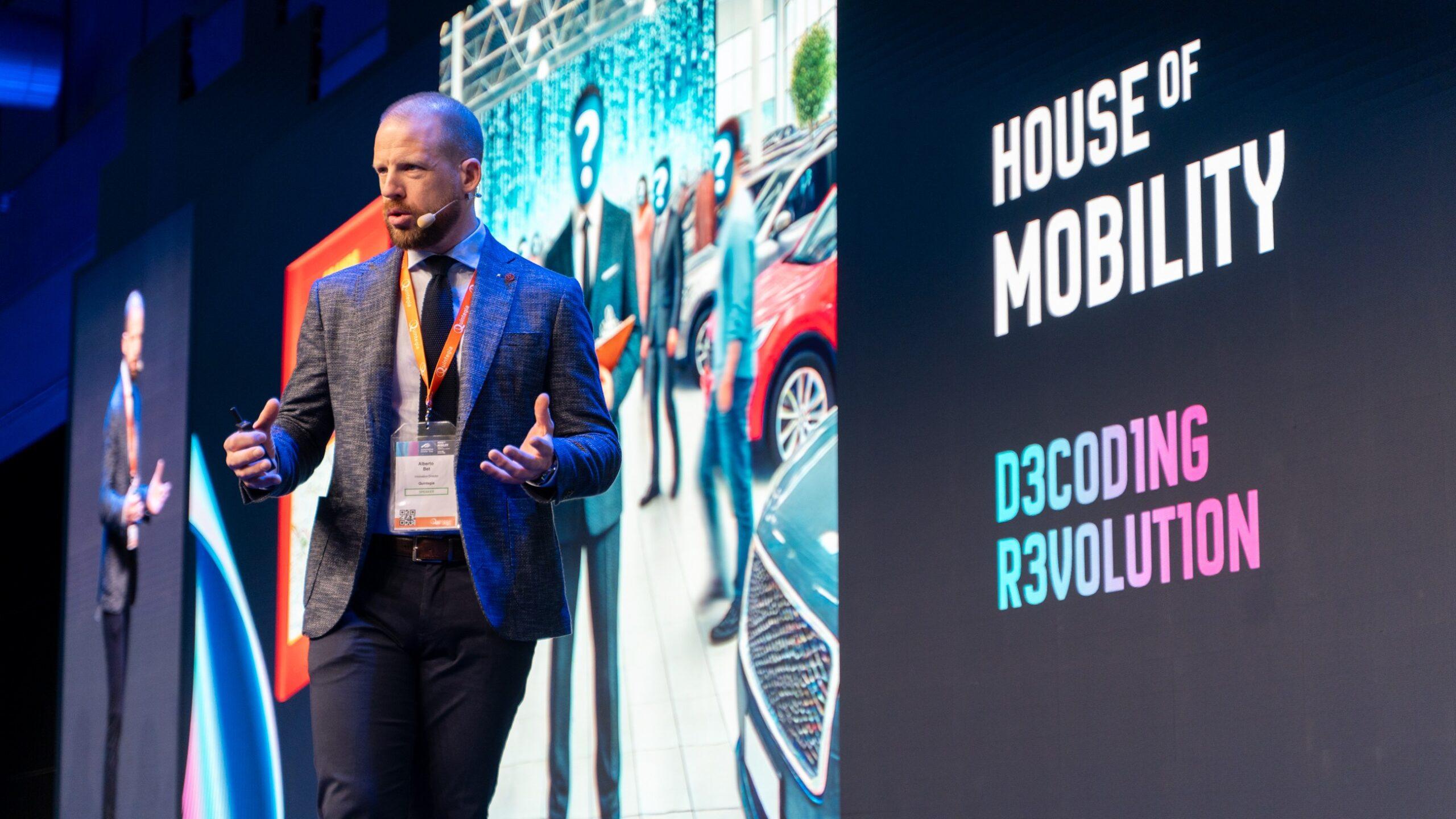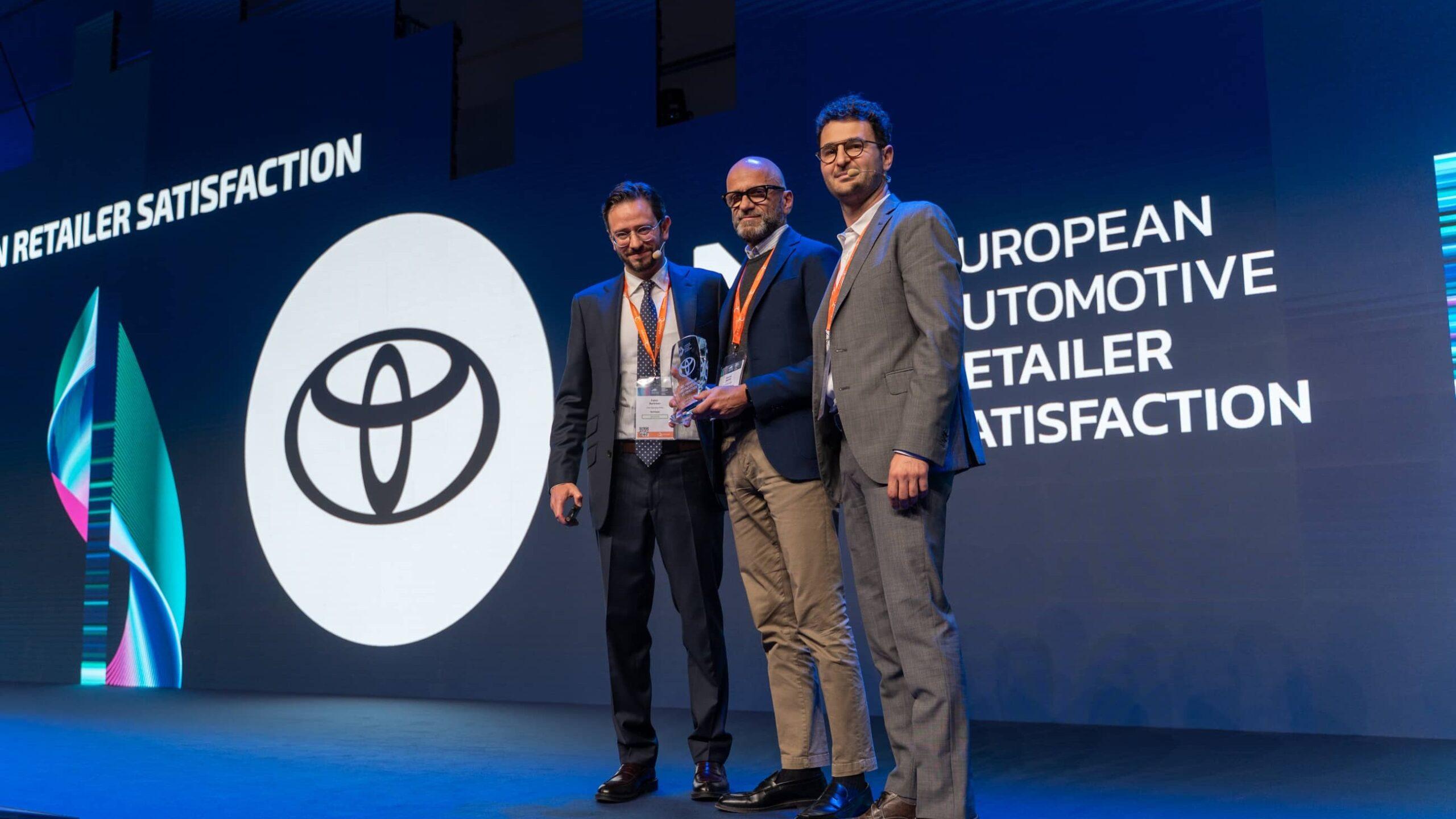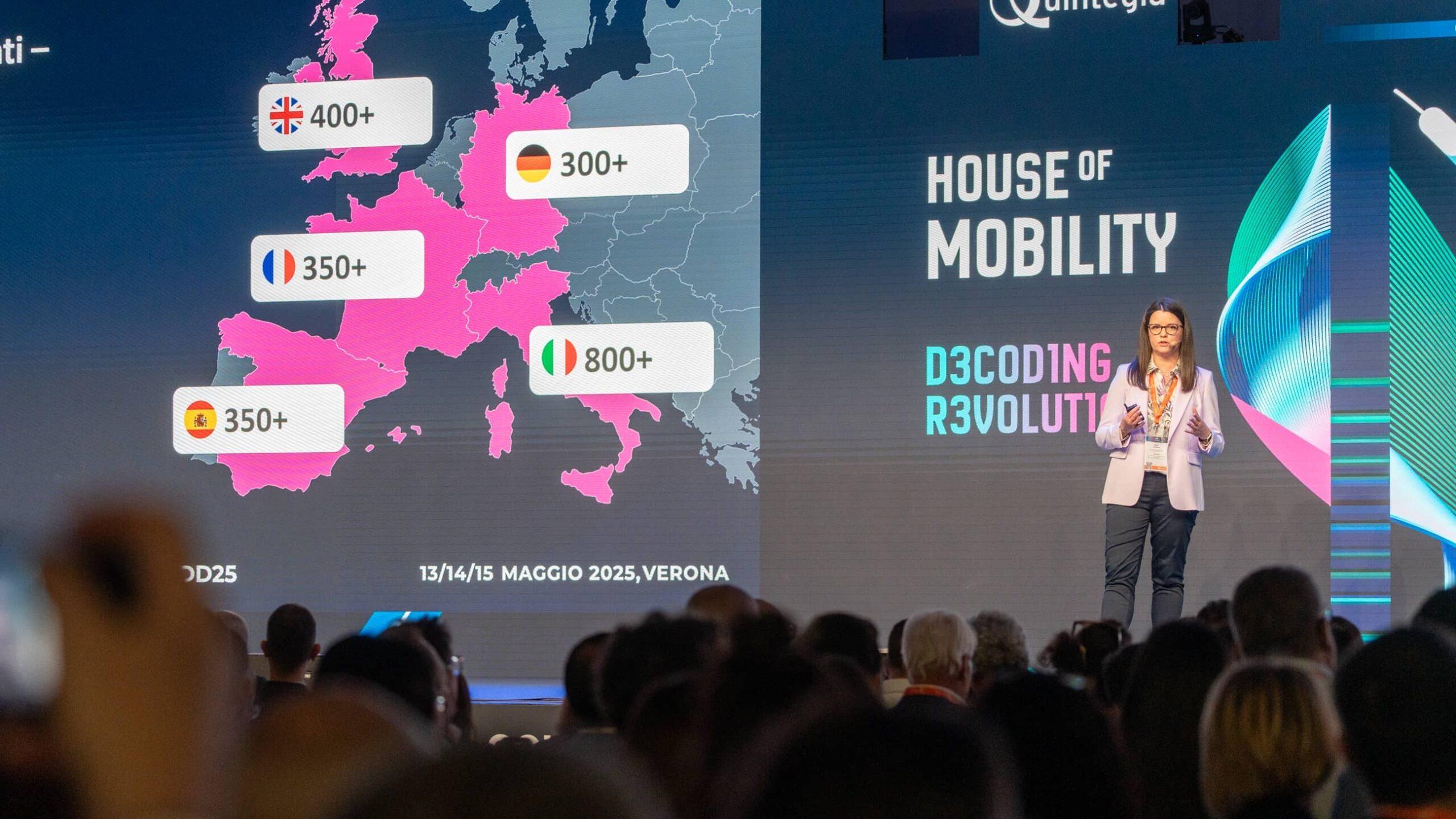What does gender equality mean to you?
Gender equality, for me, means recognizing the uniqueness and individuality of each person, regardless of their gender. It means equality while embracing diversity.
In other words, one should never have to give up their individual qualities as a woman to be more credible as a professional; on the contrary, these qualities should be highlighted to enhance one’s authority in their role.
Equality should be acknowledged in treatment, not only in terms of economic considerations but also in approach and respect.
Equality also means that these considerations apply to both genders. It’s true that a woman can be a manager, an astronaut, or a mechanic, and it’s equally correct not to be surprised by a man being a homemaker, dancer, or makeup artist.
What is the percentage of women in your company, and what is the percentage of women managers in your company?
In our company, despite it being a predominantly male-dominated sector, the percentage of women is about 20% of the total workforce of over 200 employees and collaborators. I want to highlight that in addition to the “traditional” roles associated with women (such as receptionist, back office, or administration), we have recently had several new hires in typically male-dominated areas like the workshop and motorcycles. Now, I’m eagerly awaiting the “pink wave” to spread among our mechanics. I realize that breaking old sayings like “women and engines/joy and sorrow” or “women drivers, constant danger” is not an easy task, but we’ll get there!
As for the managerial structure, the female representation is over 35%. What’s unique about our board is that the female managers at Cascioli Group hold cross-functional roles across the entire group, unlike most male colleagues who are responsible for individual business units. This means that each of us is the sole point of contact for our respective roles, and we interact with all our other colleagues.
What I appreciate the most in our executive group is the sense of sharing. The activities, the experiences, and even challenges. There’s a great mutual respect and complete equality at our work tables.
I realize it should be the norm, but we all know that we’re talking about it precisely because it’s not.
Work-life balance for women and men in the company (flexible hours, leaves, smart working, equalization of parental rights between fathers and mothers, support for women returning from maternity leave, etc.) is a form of attention and trust from the company towards its employees. In your opinion, does this trust from the company somehow come back from the employees? Why are these actions important for both employees and the company itself?
Personally, I strongly believe that the work environment, the company’s trust in its employees, which is reflected in flexible hours, smart working, and support for employees’ needs, are fundamental elements for work efficiency. A contented employee who knows they have the trust of their company, can take time off when needed, and feels protected by their employer, will undoubtedly be much more productive.
Evaluating the quality of work based on hours spent in the office, rather than on actual efficiency, productivity, and results, is now an outdated and obsolete way of managing the relationship with your workforce.
The pandemic has been a lesson for all of us: lockdowns, quarantines, and the need for remote schooling for children have made it clear that physical presence is not always necessary to carry out one’s job effectively. In many cases, work was efficiently done from home, with flexible hours and availability. Benefiting both employees and employers alike.











